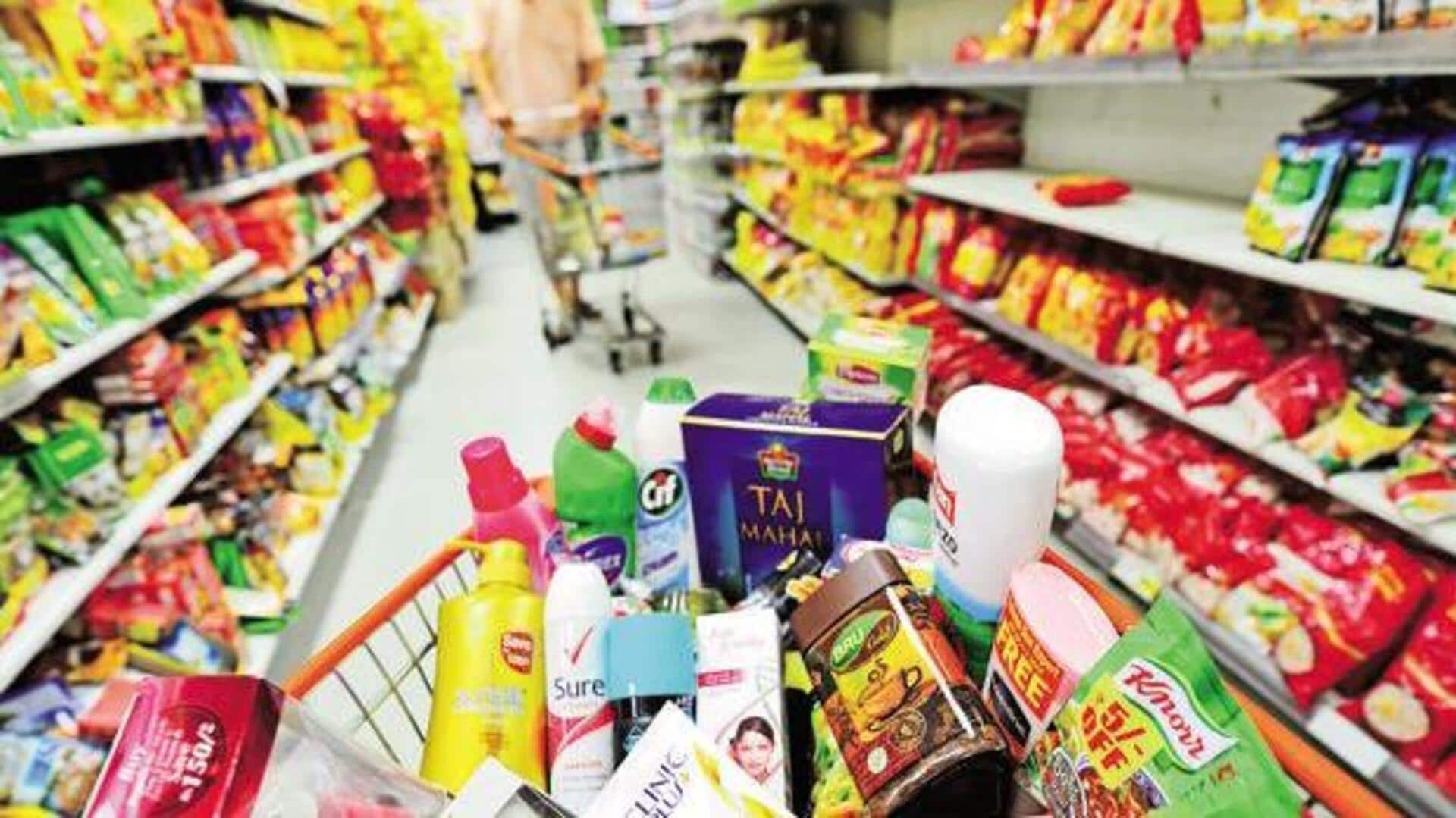
GST rate cut to make consumer goods cheaper
What's the story
The Goods and Services Tax (GST) Council's recent decision to revise rates under two broad slabs, 5% and 18%, is expected to make a wide range of consumer goods cheaper. The revised GST rates will come into effect on September 22, just in time for the festive season. This move is likely to increase household spending, one of the key drivers of India's economic growth.
Price reduction
Increased demand and lower inflation
The GST rate cuts will bring down the prices of a wide range of consumer goods, from soaps to cars. This is expected to trigger a virtuous cycle of increased demand and lower inflation. The revised rates also cover intermediates like cement, which could further lower construction costs and create jobs in the real estate and construction sectors.
Strategic timing
Timing of GST rate cuts
The new GST rates will come into effect on September 22, marking the start of this year's Navaratras and the festive buying season. The period from October to March is also considered the 'busy season' in the construction sector as the monsoon recedes. This strategic timing could further boost economic activity by encouraging infrastructure and real estate projects during autumn through early summer, until May.
Growth strategy
Impact on income tax slabs
The GST rate cuts come less than six months after new income tax rates were introduced on April 1. The government hopes these measures will stimulate growth by increasing disposable income through tax breaks, thereby boosting purchasing power. Under the new income tax slabs and rates, individuals with an annual income of up to ₹12.75 lakh, including a standard deduction benefit of ₹75,000, will not have to pay any taxes.
Inflation impact
Potential repo rate cut
The lower GST rates are expected to have a knock-on effect on inflation. Producers are likely to pass on the reduced GST rates as lower prices, which could bring down retail prices of hundreds of goods. This is likely to reflect in a lower consumer price index (CPI) in the coming months, potentially prompting another repo rate cut by the Reserve Bank of India (RBI).